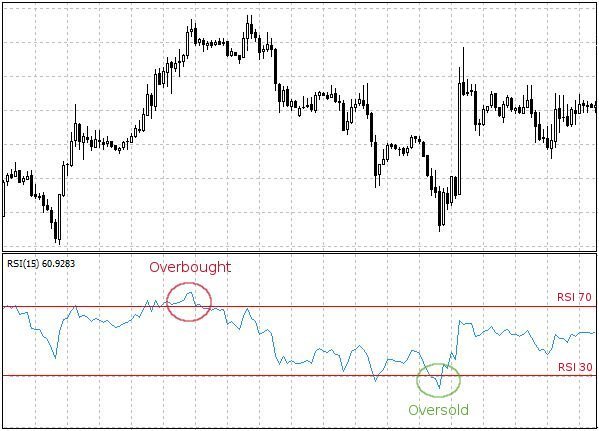Mutual funds
The Indian stock market is a complex and dynamic entity that offers a wide range of investment options to investors. One of the most popular investment option in the Indian stock market is mutual funds. Investors can buy mutual fund units online as well as offline after conducting thorough research and analysis.
Mutual funds definition
- Mutual funds are form of investments in which the money from multiple investors is pooled together and used to buy a diversified portfolio of stocks, bonds and other securities.
- The money is managed by professional fund managers who use their expertise to select the most suitable securities and allocate the money appropriately.
Advantages of mutual funds
Seven important benefits of mutual funds are :
- Diversification: As the money can be invested in a wide variety of securities like shares, bonds, REIT’s etc, the risk of losing money due to the performance of a single security reduces significantly.
- Professional management: Mutual funds are managed by fund managers including professionals like Chartered Accountants (CA) who use their expertise, knowledge and experience to select the most suitable securities and allocate the money appropriately.
- Liquidity: Investors can easily buy and sell mutual fund units on the stock exchange, which makes it convenient for them to enter and exit the market whenever they need the liquidity.
- Dividend: Various mutual funds offer regular income through dividends, which can be a useful source of passive income for investors.
- Convenience: Investing in mutual funds is convenient as it requires minimal effort from the investor. The fund manager takes care of the investment decisions and portfolio management, which allows investors to focus on other aspects of their financial planning.
- Low minimum investment: Mutual funds have a low minimum investment requirement, which makes them accessible to investors with limited capital.
- Flexibility: Mutual funds offer a wide range of investment options, such as equity funds, debt funds, and hybrid funds, which allows investors to choose a fund that aligns with their investment objectives and risk appetite.
Types of mutual funds in India

- Equity funds: Equity funds invest mainly in stocks and aim to generate capital appreciation over the long term. These funds are suitable for investors who have a high risk appetite and a long-term investment horizon.
- Debt funds: Debt funds invest mainly in fixed income securities such as bonds and aim to generate regular income through interest payments. These funds are suitable for investors who have a low risk appetite and are looking for a stable source of income.
- Hybrid funds: Hybrid funds invest in a mix of stocks and bonds and aim to provide a balance of capital appreciation and income. These funds are suitable for investors who are looking for a combination of growth and income.
- Sector funds: Sector funds invest in the securities of a specific industry or sector, such as technology, healthcare, or finance. These funds are suitable for investors who have a specific sector-specific investment objective.
- Index funds: Index funds track the performance of a specific index, such as the BSE Sensex or the Nifty 50. These funds are suitable for investors who want to invest in a diversified portfolio and achieve returns similar to the benchmark index.
- International funds: International funds invest in the securities of foreign companies and aim to provide investors with exposure to global markets. These funds are suitable for investors who want to diversify their portfolio and invest in international markets.
Other investment vehicles in Indian stock market

Several other investment vehicles available in the Indian stock market, includes :
- Direct equity
- Exchange-traded funds (ETFs), and
- Derivatives.
– Direct equity refers to the direct ownership of stocks by investors. This allows investors to have complete control over their investments and make their own buy and sell decisions. However, direct equity can be risky, as the performance of a single stock can significantly impact the investor’s portfolio.
– Exchange-traded funds (ETFs) are similar to mutual funds, but they are listed on the stock exchange and can be bought and sold like individual stocks. ETFs offer the benefits of diversification and professional management, but they have lower expense ratios compared to mutual funds.
– Derivatives are financial instruments that are derived from the value of an underlying asset, such as a stock or commodity. Derivatives include options, futures, and swaps, which can be used by investors to hedge their risks or speculate on the price movements of the underlying asset. Derivatives are complex instruments and are suitable only for experienced investors who understand the risks involved.
Conclusion : Mutual funds and other investment vehicles play a significant role in the Indian stock market by providing investors with various options to meet their investment objectives. While mutual funds offer diversification and professional management, direct equity, ETFs, and derivatives offer different benefits and risks that investors should consider before making an investment decision. It is essential for investors to understand their investment objectives, risk appetite, and the features of different investment vehicles before making an investment.

Role of mutual funds and other investment vehicles
Also read : Investment options for salaried employees
Also read : Tips for beginners to invest in stock market










